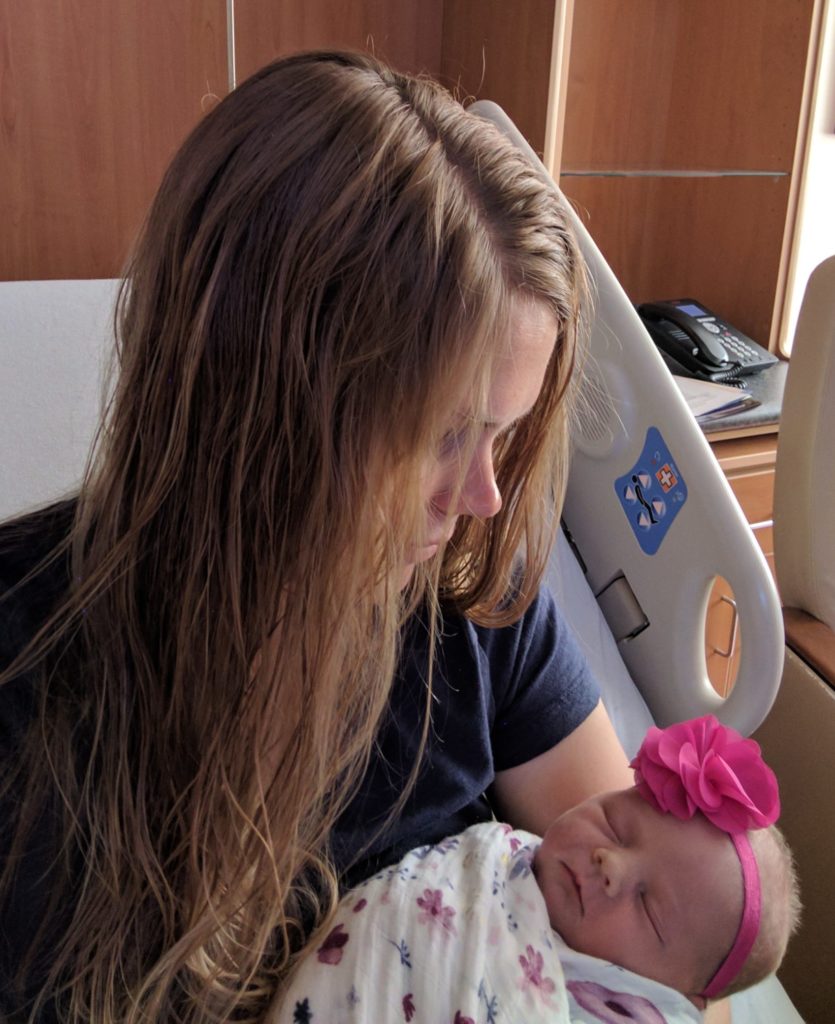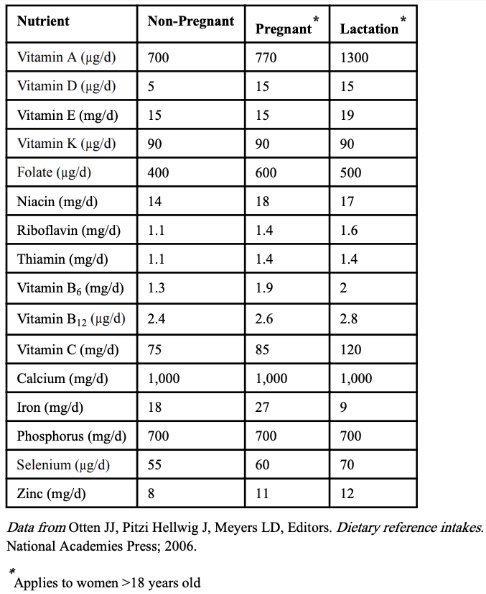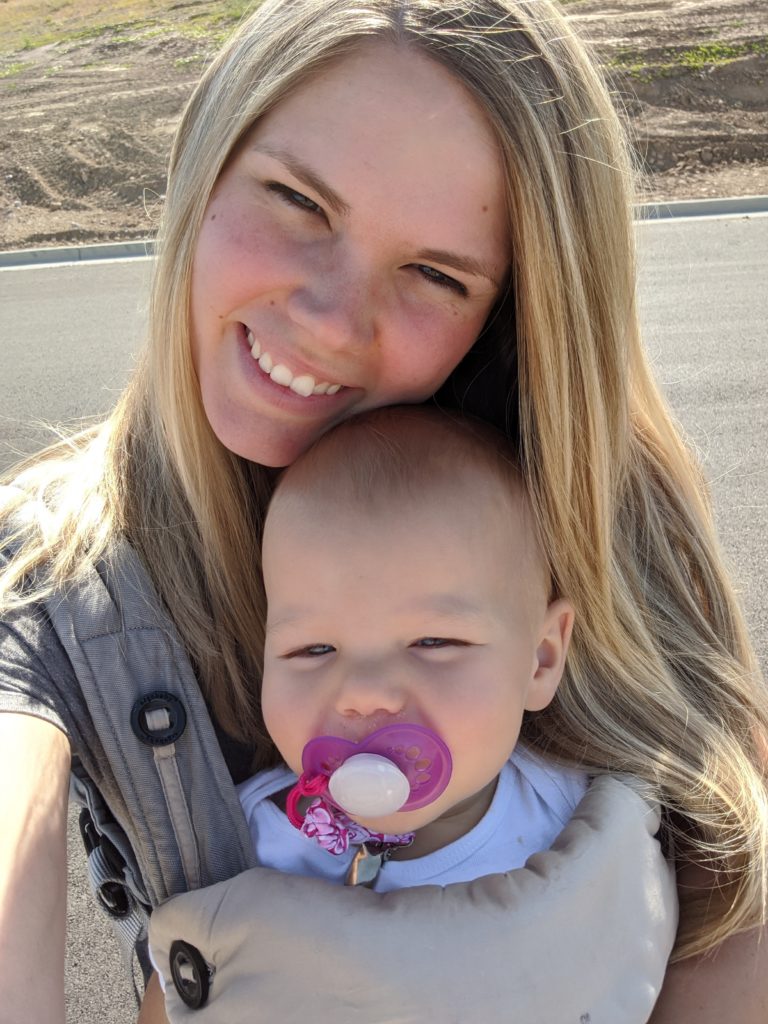Having a baby is overwhelming, wonderful, and stressful. Even though I have had 3 babies, each time was a unique experience and brought its own challenges. One of these challenges was navigating my post-baby body. I felt pressure to fit back into my clothes quickly, to get back in shape, all while caring for and nursing a baby. By my third child, I stopped putting so much pressure on changing my body. Instead, I focused on trusting and appreciating it. It was amazing to think that my own body grew a baby from two little cells…that it was providing 100% of the nourishment to help this baby grow. It is truly incredible. This appreciation made me want to nourish my body well.

If you are about to have a baby or are a new mom, as a dietitian, I would advise you to focus on nourishing your body instead of “getting your body back.” You will never be the same after having a baby. You will be stretched, challenged, and find unknown strength and love. Like you, your body has been stretched, been challenged, and found unknown strength. It too will never be the same and deserves appreciation, love, and nourishment.
To help you nourish your body, I like to focus on the following: high protein for healing, adequate hydration, and lots of vitamins and minerals to replenish and enrich your breastmilk (if you are breastfeeding). For those who are not breastfeeding, I would recommend at least 1 gram of protein per kilogram of your body weight. If you had tearing, a C-section, or other complications that require extended healing, I would recommend going up to 1.5 grams per kilogram until you are fully healed. Vitamin C and zinc are also important for healing wounds, especially in the skin, so if you had a C-section, be sure to eat lots of fruits and vegetables for vitamin C and incorporate sources of zinc like red meat, poultry, beans, nuts, whole grains, dairy products, and fortified foods, like cereal.

For those that are breastfeeding, the above applies, plus a few other considerations. You will continue to need higher protein amounts for your breastmilk, even after healing. I recommend at least 1.25 grams of protein per kilogram of body weight or up to 2 grams per kilogram. Since breastmilk is about 20 calories per ounce, your calorie needs will also increase to usually around 500 per day. This number can be more or less, depending on how much your baby eats or how much you produce. Often, my babies were drinking up to 30 ounces of breastmilk before starting solids, which would be about 600 calories. You don’t necessarily have to consume those added calories, because if you don’t, your body will use its fat stores (that is why most bodies store extra fat during your pregnancy). However, please be careful to eat enough to maintain your milk supply. I liked managing it by how hungry my body felt, but I never recommend less than 1,800 calories a day while breastfeeding. You need those calories to get in the nutrients needed to make high-quality milk for your baby.
Your needs for most vitamins and minerals increase during breastfeeding, as well, so continue to take your prenatal vitamins. It is recommended to breastfeed for the first year of your child’s life, and I encourage women to give themselves that full year to recover, get back into shape, and lose weight if that is a desire. Take it slow and appreciate your amazing body!




